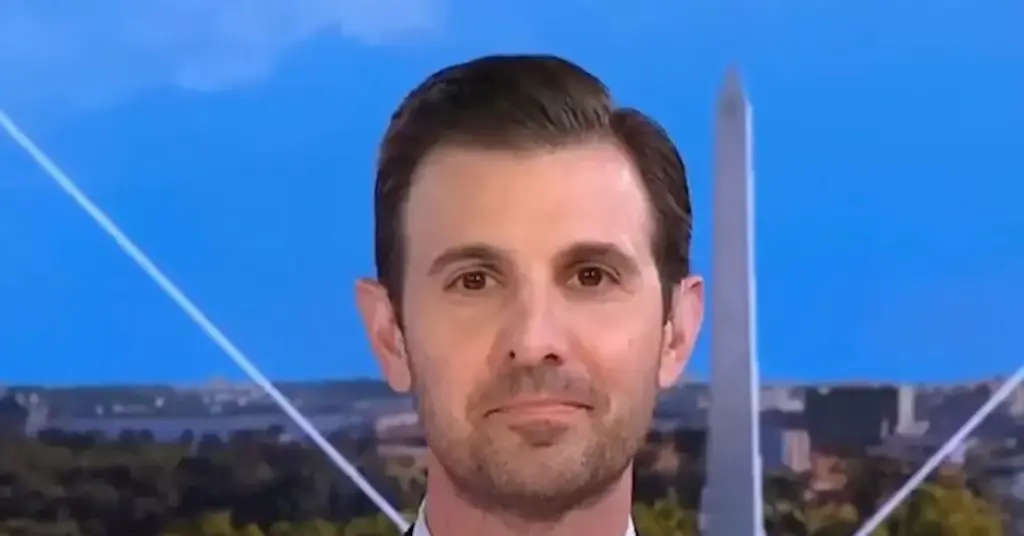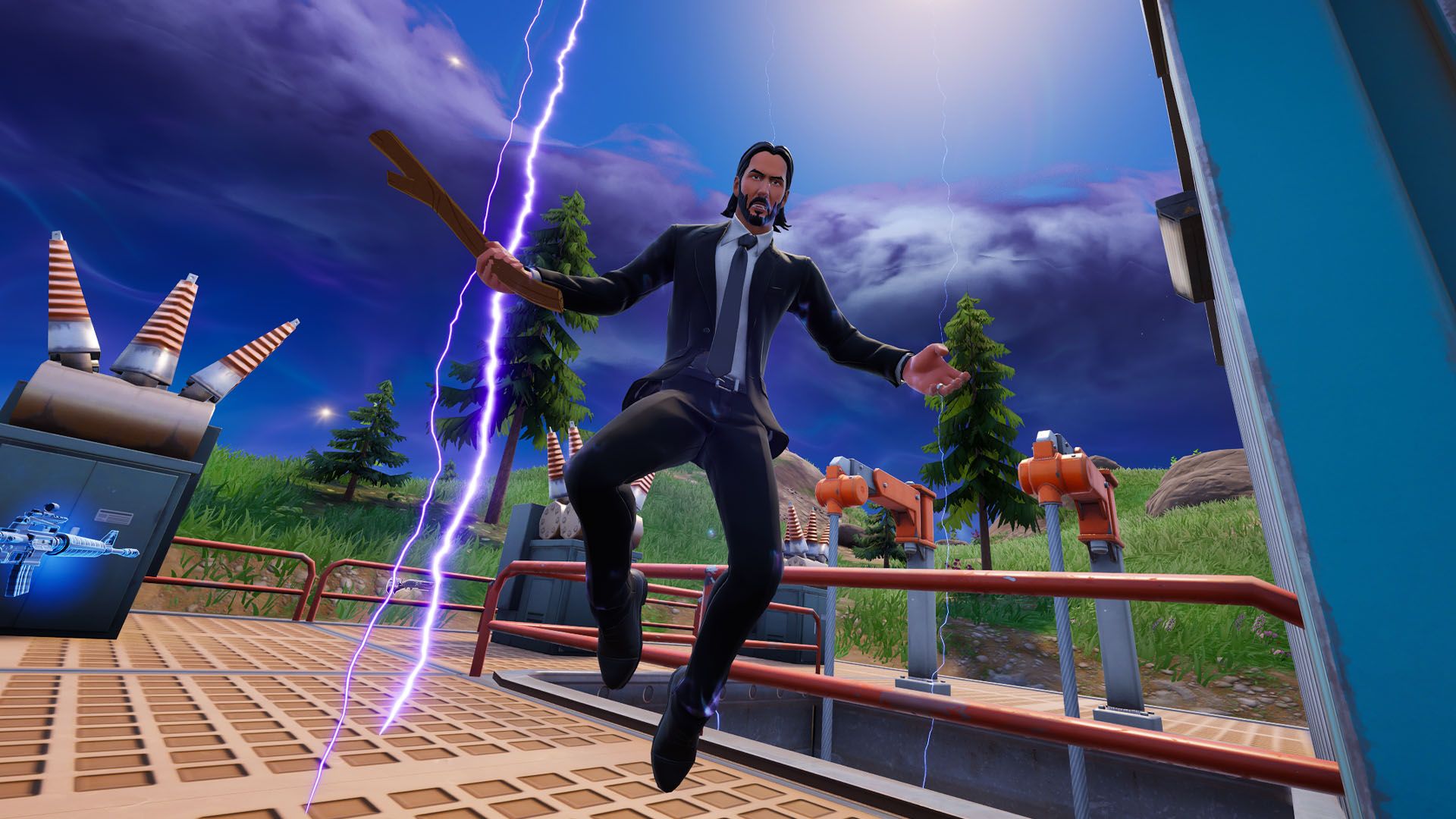
Representative Chris Deluzio, a Democratic lawmaker, announced that he will not participate in the FBI’s investigation concerning a video he and several colleagues created. The video, which urges military personnel to disregard illegal orders, has become a focal point of controversy amid allegations from President Trump suggesting treasonous behavior by the lawmakers involved.
During an appearance on CNN’s “Anderson Cooper 360” on Wednesday, Deluzio articulated his stance against the investigation, which he perceives as an intimidation tactic aimed at silencing criticism of the administration. Host John Berman introduced Deluzio, highlighting the gravity of the situation, as the FBI has initiated inquiries following the video’s release on social media.
When asked if he had been contacted by the FBI, Deluzio confirmed that reports indicated the agency sought voluntary interviews with him and the other Democratic lawmakers involved. He stated, “It’s a clear attempt to intimidate us as members of Congress, to try to deter us from criticizing the president.”
Deluzio emphasized that the investigation appears to be more about stifling dissent than uncovering wrongdoing. He reiterated his refusal to cooperate, framing the inquiry as an assault on free speech and legislative independence.
The video in question calls on military members to uphold their ethical responsibilities and to resist unlawful commands. The timing of its release and the subsequent FBI investigation have drawn significant attention, particularly in light of the political climate. Deluzio’s comments reflect a growing tension between lawmakers and the executive branch, as various Democratic leaders rally to defend their right to speak out against actions they deem harmful or unconstitutional.
As the situation unfolds, it raises questions about the boundaries of political expression, especially when it intersects with national security concerns. The implications of this investigation could resonate beyond Deluzio and his colleagues, potentially affecting the broader discourse surrounding the responsibilities of military personnel and their obligations under U.S. law.
This incident stands as a reminder of the complex relationship between government officials and law enforcement agencies, particularly in politically charged environments. The outcome of the FBI’s investigation remains uncertain, but the dialogue it has sparked may have lasting effects on congressional conduct and civil liberties in the United States.






